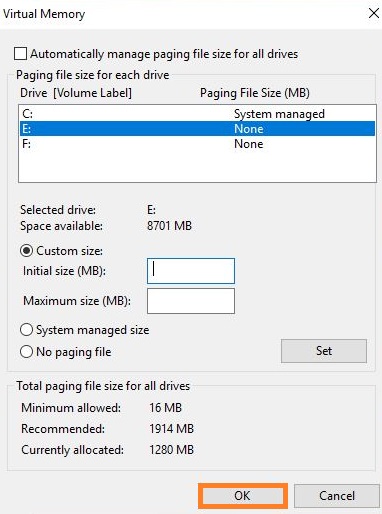
> 3.2 Do you mean autocomplete from sql file? You can configure to mapping in SQL Resolution Scopes settings The sys.all_source or simply all_source identified correctly but for some reason DataGrip gets the info from data source that is not open/active at the moment. However if we check the same input in a SQL file (not a console) - confirmed. Please check screenshot from Oracle SQL Developer with correct autocomplete and there's not need to enable any option to make it works. As long as PL/SQL Developer and Oracle SQL Developer tools identifies the views and suggest columns correctly I believe its a DataGrip issue. I didn't see someone indicating SYS schema name before a system view in a script or code. Please check below screenshot: a) Console window does not know SYS schema b) there's no suggested columns from the system view, though I think it's because SYS was unresolved. Executed Synchronize command against the data source in Database panel. I checked Data Source properties -> Options tab -> SYS schema is checked. I would like to confirm DataGrip has been improved since I first met it. JVM: OpenJDK 64-Bit Server VM by JetBrains s.r.oĢ. Subscription is active until September 24, 2017 Sublime or Notepad have an advantage - no useless noise warnings.īuild #DB-163.13906.13, built on February 21, 2017 Autocomplete doesn't work as expected and a high noise of unresolved objects in source code.

No guarantee metadata collected without a mistake.
Datagrip increase memory code#
Source code style for SQL is very simple. DataGrip does not know about Oracle CHAR keyword for type definitions ħ. Even complete metadata uploading does not help.Ħ. A few actions by creating additional foreign keys - and first one is gone. IDE uploaded incrementally the foreign key. For PostgreSQL database I have seen issues with metadata collection. I'm still not sure what will be selected as a target database.ĥ. But when we are going to run a selected SQL query within an open file - DataGrip will silently execute the SQL query on a database associated with the file previously! Yes, it will be asked only first time you run the file, and. If we are going to execute a SQL file from Files tab - we will be asked about what database we should use. DataGrip logic of source code execution on a database is sick with f# dualism. DataGrip does not know about COLUMN_VALUE field of Oracle object type, as an example, AS TABLE OF NUMBER.Ĥ.As an example, a constant from package specification is not recognized in another package body (sic!). Sometimes it looks like 70% of the package is unresolved. Actually, a lot of 'Unable to resolve.In case of a bit complex SQL query with WITH clause - DataGrip fails to parse it.IF I have two connections to the same schema on different database environments (DEV, and QAT) - autocomplete will suggest BOTH (!) tables.

DataGrip knows nothing about, as an example, ALL_SOURCE view even IF I set on all schemas in Options tab of connection properties.Should I create a separate project for each environment looking on the same repository folder? probably this will be more ridiculous.ģ. A simple grouping could make things looks better. And we have more than 20-50 connections in scope of the same project. Have you ever worked with Oracle database? Each user/schema has it's own password, a database may have a lot of different users/schemes in scope of the same application. There's no way to simplify database connection management in case you have more than a few connections. Without it the tool is useless IF you work a lot with data. This is a basic way a database tool should work with result set. There's no value alignment in result set dependent on column data type. IF I do something in a wrong way, please let me know the right way please.ġ. IF you know that I missed some option or setting that could help to resolve any of the below issues - please let me know. Issues that makes DataGrip an odd tool I can't recommend for daily use as database development tool.


 0 kommentar(er)
0 kommentar(er)
